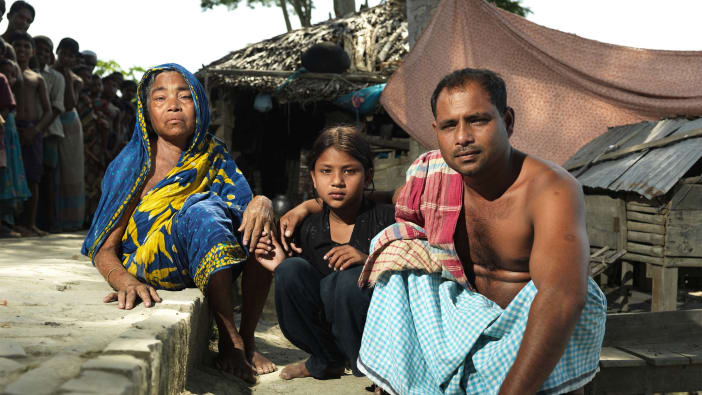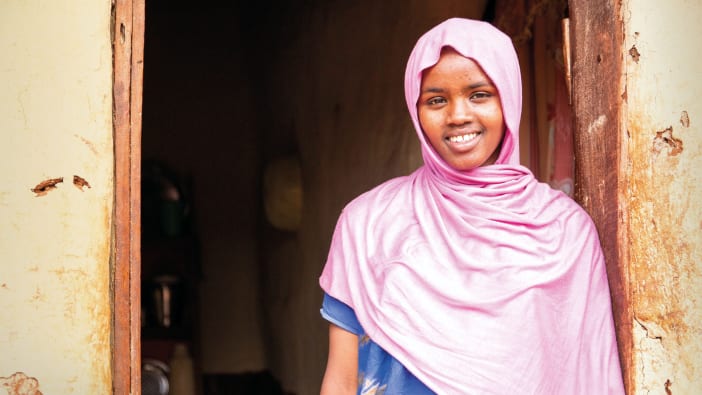Plastic bags are easily carried by the wind. They hang in bushes, float on rivers, flap from fences, clog drains, choke animals and affect the way the landscape looks. Few plastic bags are recycled and most types of plastic bags take hundreds of years to decay. In South Africa, plastic bags are so common they are called the ‘national flower’. In India, around 100 cows die each day from eating plastic bags that litter the streets.
Efforts have recently been made in some countries to reduce the use of plastic bags.
Ireland
ACTION TAKEN Shop customers must pay a tax of 15 cents per plastic bag.
OUTCOMES
- Estimated 90% reduction in use of plastic bags.
- Customers buy tough, reusable shopping bags or use free paper bags provided by shops.
- Money raised from tax is used for environ-mental projects.
Taiwan
ACTION TAKEN Free provision of plastic bags by shops banned.
PENALTY Up to US $8,600 fine for shops.
OUTCOMES
- Plastics workers protested. The government agreed to help them find other jobs.
- The law does not yet apply to market traders and street vendors.
India
ACTION TAKEN Production, storage, use, sale and distribution of polythene bags banned in states such as Himachal Pradesh, Goa, Kerala and Maharashtra.
PENALTY In Himachal Pradesh, up to seven years in prison or US $2,000 fine for anyone using a polythene bag.
OUTCOME Limited impact because the ban is not well enforced.
Bangladesh
ACTION TAKEN Polythene bags banned.
PENALTY 10 years’ imprisonment or a US $17,000 fine for anyone making polythene bags and a US $9 fine for anyone found using one.
OUTCOME Jute bags are now used more widely. This has encouraged the jute industry.
South Africa
ACTION TAKEN Use of thin plastic bags banned.
PENALTY Up to ten years in prison or US $13,800 fine for shops using thin bags.
OUTCOMES
- Shop customers now pay for thicker bags, which are reused and easier to recycle.
- Reduced litter. However, there is concern that as only thin plastic bags have been banned, there will still be litter from thicker bags.
- Many factories have closed down because they cannot make the thicker bags, resulting in a loss of jobs.
- People who make things from plastic bags now have to buy the bags and therefore make less profit.
Discussion questions
- What problems are caused by plastic bags in our country?
- What actions could be taken to reduce the number of plastic bags produced and used?
- What would be the negative effects of such actions?
- Which type of action would be most useful and have the fewest drawbacks?
- How can we challenge our government to take action to reduce the use of plastic bags?
Based on information from the BBC and UK Guardian newspaper websites, and Ravi Agarwal of Toxics Link, India www.toxicslink.org









